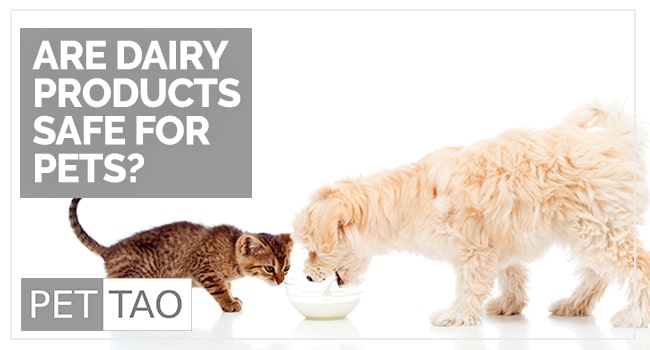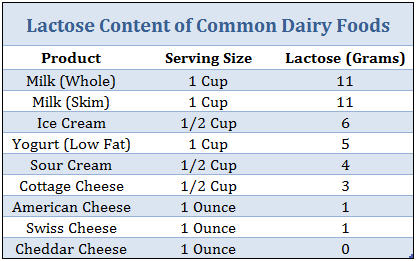Cats drink milk, right?
And dogs love cheese!
But is it really safe to feed your pets milk products?
The short answer is: yes.
Which milks are safe?
Most kinds of milk are safe for most pets.
However, like people, some pets have allergies.
Try out small amounts of each milk to see if your pet can tolerate them.
Yak Milk
Durkha or Chhurpi is a yak milk-based food from Nepal.
Dogsee Chew is our preferred brand of yak milk snack.
Dogsee Chew sources its product from free-range yaks grazing in Himalayan pastures.
Safe for Cats
In pastoral regions of the world, pets, such as cats and dogs, are often allowed yak milk to supplement their food.
Safe for Dogs
The founder of Dogsee Chew saw that local dogs in Elam, a small district in Nepal, often chew on ‘Churpi’ villagers throw out or don’t use.
Churpi is a hardened Yak milk cheese generations of herders use as a snack.
Dogsee Chew is an ideal treat for hardcore chewers – it lasted as long as 3 hours for our happy pups!
Goat Milk
Goat milk is growing in popularity due to its vast nutritional benefits.
Goat milk has some unique properties making it more easily digested than other milk.
Cow milk contains alpha-s1-casein protein and different forms of beta-lactoglobulin and alpha-lactalbumin proteins, which cause allergic reactions in some.
Goat milk contains extremely low or no amounts of these proteins.
Safe for Cats
Goat milk is particularly beneficial for orphaned kittens when their own mother’s milk is unavailable.
Safe for Dogs
Adding goat milk to dog food is an excellent way to add nutritional benefits to your pet’s meal.
Unpasteurized, grass-fed, antibiotic-free goat milk contains the most nutritional goodness.
Goat milk is a good source of protein, riboflavin, calcium, and phosphorus.
Cow Milk
Unless your pet is lactose intolerant, small quantities of cow’s milk dairy products can be beneficial in small doses.
“Milk contains a sugar called lactose that requires an enzyme called lactase for digestion,” Dr. Heather Brausa, staff doctor at NYC’s Animal Medical Center, told PetMD.
“Puppies generally have the enzyme in abundance as it is used to break down their mother’s milk while nursing.”
For pets without lactose intolerance, cow’s milk is an excellent source of Vitamin D, Riboflavin, Vitamin B12, Calcium, and Phosphorus.
Please refer to the chart below for the lactose content of dairy products:
Safe for Cats
The most common symptom of lactose intolerance in cats is diarrhea, usually, within eight to 12 hours of ingestion, Susan G. Wynn, DVM, CVA, CVCH, an animal nutritionist and co-author of the Manual of Natural Veterinary Medicine, told WebMD.
Safe for Dogs
“Dogs have varying degrees of lactose intolerance, so some dogs who drink milk may just experience mild GI distress, or none at all, while others will have severe clinical signs,” Brausa told the news outlet.
Give your dog only a small amount of dairy, as dogs may also develop pancreatitis if they eat particularly high-fat dairy products.
Soy Milk
Because it does not contain lactose, many assume soy milk for dogs and cats is safe.
However, soy milk is more nutritionally appropriate for dogs than cats.
Not Very Safe for Cats
Soy milk contains stachyose and raffinose, sugars digested by microbes in the gut, but not by enzymes cats produce.
Because of these sugars, cats who ingest soy milk will often suffer from flatulence and digestive upset.
Safe for Dogs
Dogs can easily digest soy.
Additionally, no studies show soy is dangerous for dogs.
Soy is the most complete vegetable protein source.
As such, soy is often used in pet food manufacturing.
Almond Milk
Almonds are not toxic for pets, but they are not easily digested.
Expect cats and dogs to experience gastrointestinal distress after consuming almond products.
Not Very Safe for Cats
The only way to know if your kitty can tolerate almond milk is to let him taste a little bit.
If your cat doesn’t get an upset stomach, it’s okay to let him take a few licks now and then.
Not Very Safe for Dogs
Similar to how you would administer almond milk to cats, let your pup have a little to see if he can tolerate it.
A large amount of almond milk can cause diarrhea in dogs.
Do milk products agree with or upset your pup?
Take our free questionnaire “What Is My Pet’s Constitution?” to learn more about your pet from an Eastern perspective.









